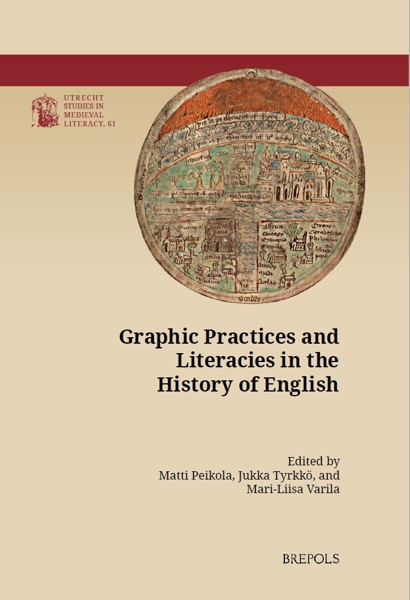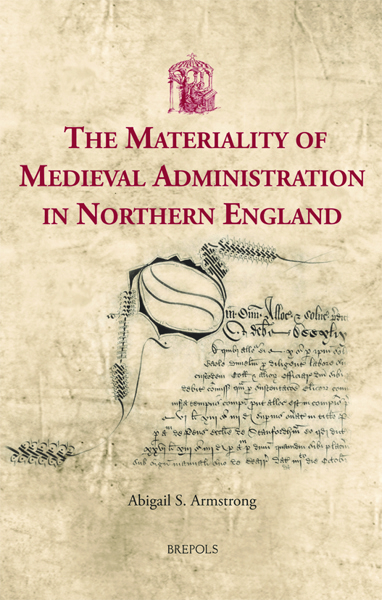
- Pages: 336 p.
- Size:160 x 240 mm
- Illustrations:26 b/w
- Language(s):English, Latin
- Publication Year:2003
- € 70,00 EXCL. VAT RETAIL PRICE
- ISBN: 978-2-503-51337-9
- Hardback
- Available
- € 70,00 EXCL. VAT RETAIL PRICE
- ISBN: 978-2-503-55583-6
- E-book
- Available
"This is a splendid volume. It is informative and interesting while providing fresh perspective on the workings of Anselm's mind in this specific regard. Saint Anselm and the Handmaidens of God will be of interest to readers of both genders, secular and religious, to historians and casual readers alike." (Paschal Baumstein in Cistercian Studies Quarterly, p. 338-340, 2004, Vol.39.3)
As abbot of Bec and archbishop of Canterbury, the renowned theologian St. Anselm spent most of his career working ‘in the world’, primarily with laypersons, not in the cloister. His correspondence contains surprisingly many letters to laywomen, only a few perfunctory letters to nuns and abbesses. Anselm wrote to all estates of noble laywomen: young girls, mothers, mature wives or widows, countesses and queens. Vaughn argues that Anselm collected and edited his own letters, which addressed real women and situations, but also represented particular ideals of women, marriage, parents and children, students and teachers; that the correspondence, an artful construct, was almost an autobiography, teaching by word, deed, and his own example; and a lens through which to discern Anselm’s views of men and women in Anselm’s ideal society. Anselm accords women surprising equality and power, seeing queens as equal to both kings and archbishops, all three primarily as nurturers and teachers, and ideal married couples writ large – social views modelled on past ideals (primarily St. Gregory), but ironically leaping toward new Twelfth Century attitudes of introspection, self-analysis, individualism, and logic and reason in theology, social issues, politics and law. Mothers and teachers emerge as the ultimate Handmaidens of God.




